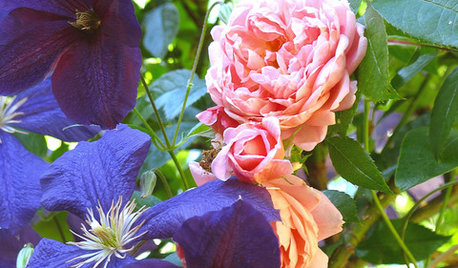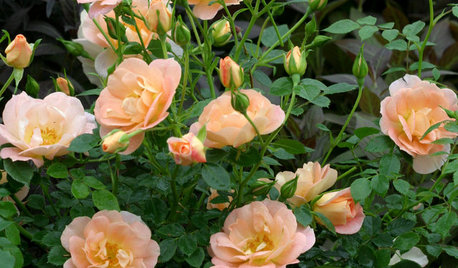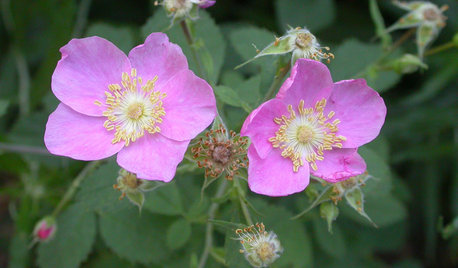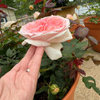What's wrong with this rose?
sdraza1
10 years ago
Related Stories

COLOR8 Color Palettes You Can't Get Wrong
Can't decide on a color scheme? Choose one of these foolproof palettes for a room that feels both timeless and fresh
Full Story
PLANTING IDEASGreat Garden Combo: Rose + Clematis for Small-Space Impact
We all need somebody to lean on. And when a rose supports a climbing vine, the results can totally transform a small garden
Full Story
GARDENING GUIDES6 Wonderfully Easy Roses for Any Gardener
Look like an expert even if you're just starting out, with these low-maintenance gems of the rose world
Full Story
WINTER GARDENINGPruning Secrets for Exquisite Roses
Encourage gorgeous blooms year after year with this time-tested advice on how to prune your rosebush in winter for health and shape
Full Story
LANDSCAPE DESIGNMake Your Roses Even More Beautiful With These Companion Plants
Nourish your rosebushes and create a visual feast with these 7 classic and unexpected plant pairings
Full Story
GARDENING GUIDESGreat Design Plant: Rosa Californica
Plant California wild rose for easy care and a touch of romance in your native garden
Full Story
DECORATING GUIDESWhat Goes With Floral Upholstery?
How to decorate around floral-print furniture so that everything comes up roses
Full Story
DECORATING GUIDES12 Ways Your Home Can Say Happy Derby Day
Add a dash of fresh Kentucky Derby style to your home
Full Story
TASTEMAKERSWorld of Design: Where Color Trends Begin
Colors go in and out of vogue. Here’s how they make their way into our home decor
Full Story











michaelg
jerijen
Related Professionals
Belmont Landscape Architects & Landscape Designers · Cary Landscape Architects & Landscape Designers · West Chester Landscape Architects & Landscape Designers · Allentown Landscape Contractors · Dudley Landscape Contractors · Eustis Landscape Contractors · Gresham Landscape Contractors · Indio Landscape Contractors · Kaysville Landscape Contractors · National City Landscape Contractors · Peoria Landscape Contractors · Ronkonkoma Landscape Contractors · Vineyard Landscape Contractors · Waterford Landscape Contractors · Bensenville Landscape Contractorsmichaelg
seil zone 6b MI
roseseek
sdraza1Original Author
sdraza1Original Author
michaelg
seil zone 6b MI
michaelg
dublinbay z6 (KS)